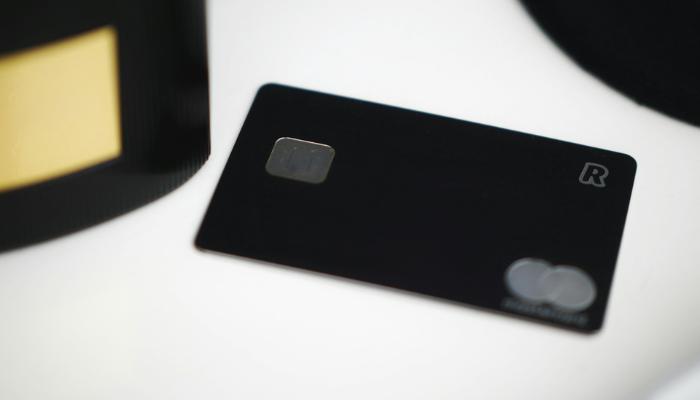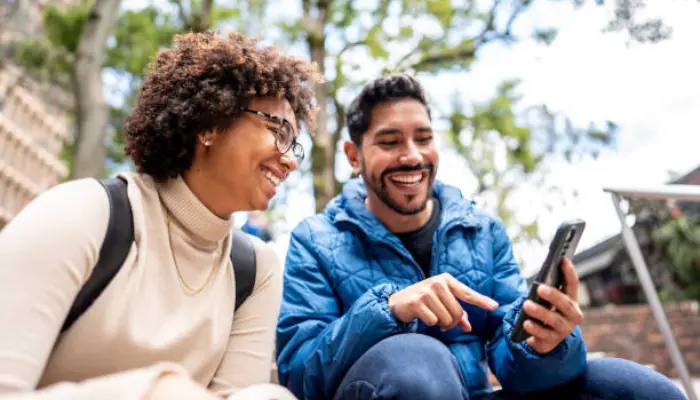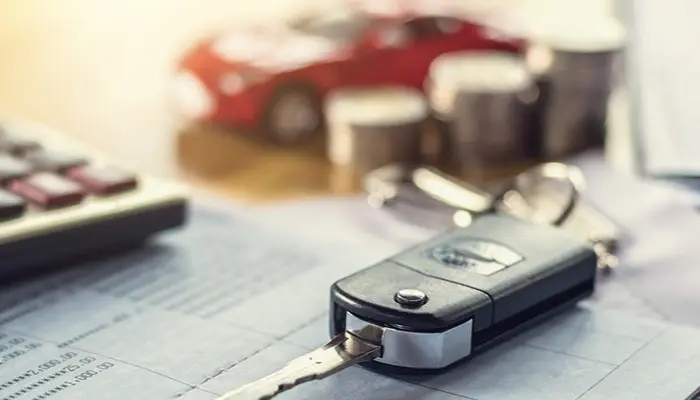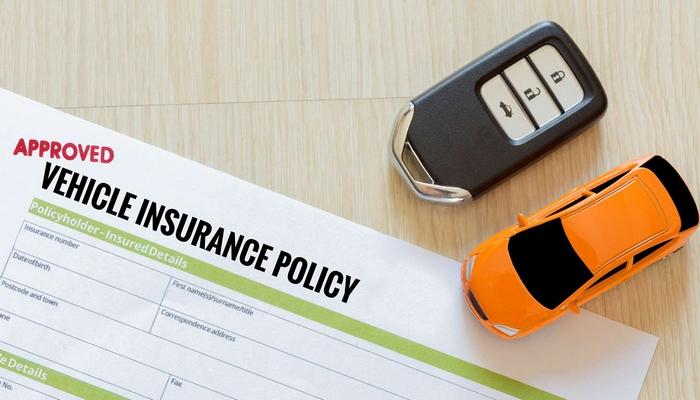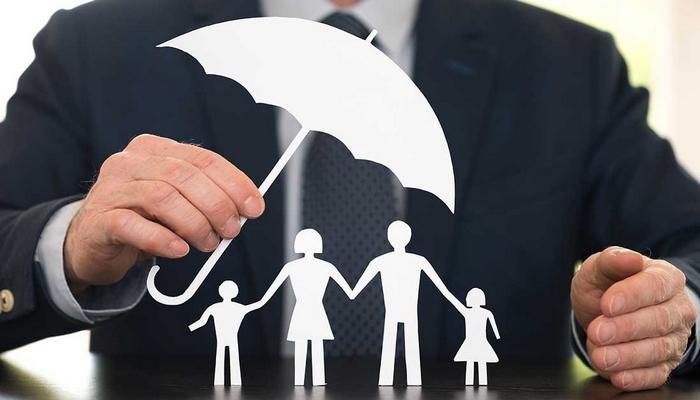How to Avoid Travel Scams: 8 Practical Tips to Keep Your Money Safe
Traveling is one of the best experiences in life. Unfortunately, it’s also one of the moments when scammers take advantage of distracted tourists. From booking flights to withdrawing money abroad, the risk of falling for scams is real—and frequent.
Advertising
In this complete guide, you’ll learn how to avoid travel scams with 8 practical tips based on real-life cases, statistics, and proven financial security practices.
Why Are Tourists Easy Targets for Scammers?
Advertising
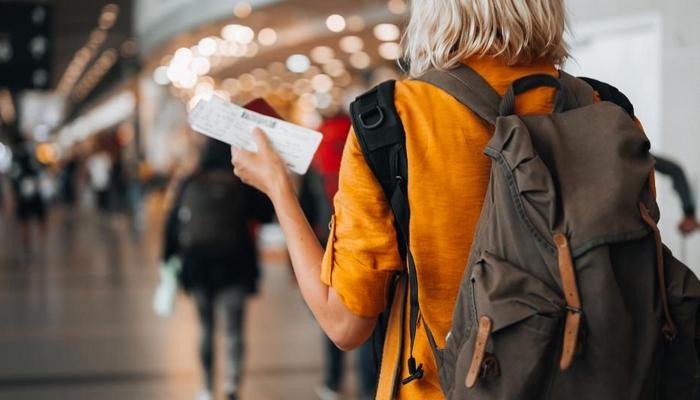
According to data from Scamwatch, in Australia alone, over US$8.6 million were lost to travel-related scams in 2023. And that doesn’t include the thousands of unreported cases worldwide.
Advertising
But why does this happen?
- They are in unfamiliar environments;
- They usually carry cash, cards, and documents;
- They use public Wi-Fi;
- And often get distracted while enjoying their trip.
In other words, the perfect scenario for scammers.
Tip 1: Watch Out for Fake Booking Websites
Before buying anything, make sure the website is trustworthy. Fraud involving airline tickets and accommodation is very common.
How to identify a fraudulent website:
- The URL doesn’t start with https;
- The layout looks amateurish;
- Prices are far below market averages;
- No visible tax ID, phone number, or contact info;
- Empty or negative social media reviews.
Pro tip: Use websites like Trustpilot, Google Reviews, or Better Business Bureau to check the company’s reputation before buying.
Tip 2: Prefer Virtual Cards and Digital Wallets
Using physical cards on unfamiliar terminals is risky. Scammers often use skimmers to copy your card data.
Solution:
- Create temporary virtual cards using your bank’s app;
- Use digital wallets like Google Pay, Apple Pay, or Samsung Wallet;
- Activate real-time notifications for each transaction.
These tools make it harder for criminals to access your financial info.
Tip 3: Avoid Public Wi-Fi Without Protection
Have you ever connected to free Wi-Fi at airports, cafés, or hotels? That’s how hackers can access your personal and banking information.
Risks of public Wi-Fi:
- Password theft;
- Login data interception;
- Bank account hacking.
How to stay safe:
- Use a VPN (Virtual Private Network) to encrypt your connection;
- Never access banking apps or make purchases on open networks;
- Use mobile data or a personal hotspot instead.
Tip 4: Be Wary of Deals That Are Too Good to Be True
Ever seen luxury hotel stays advertised for $20 a night? Or roundtrip tickets to Paris for $50? Be careful.
Most common scams:
- Fake travel packages;
- Nonexistent vacation rentals;
- Phishing messages by email or WhatsApp.
Quick tip: Never transfer money via wire or instant payment systems without verifying the source. Prefer using credit cards, which offer better fraud protection.
Tip 5: Enable Two-Factor Authentication (2FA)
Two-factor authentication is a simple feature that can protect your bank accounts while abroad.
How it works:
Even if someone steals your password, they won’t access your account without a secondary code sent via SMS, email, or an authenticator app.
Enable 2FA on:
- Email accounts;
- Bank apps;
- Booking platforms (like Booking.com, Airbnb, Expedia);
- Ride-hailing apps (Uber, Lyft).
Tip 6: Be Careful With ATMs and Currency Exchanges
Avoid withdrawing cash from isolated ATMs, especially at night. Many fraud cases involve:
- Card skimming devices;
- Hidden cameras stealing your PIN;
- Muggings right after cash withdrawals.
Practical tips:
- Withdraw only in crowded places and during daytime;
- Prefer ATMs inside banks;
- Check if the exchange office is licensed or regulated by local authorities.
Tip 7: Have a Backup Plan for Financial Emergencies
Even with precautions, unexpected situations can happen. Being prepared is key.
Create a simple safety plan:
- Bring at least two different cards, stored separately;
- Carry a small amount of emergency cash, well hidden;
- Save emergency contacts;
- Keep digital copies of your documents and cards in a secure cloud (like Google Drive or Dropbox);
- Enable phone tracking and remote locking.
Real Scam Examples to Watch Out For
| Scam Type | How It Works | Common Regions |
|---|---|---|
| Taxi with rigged meter | Fare is altered using fake devices | South America, Europe, Asia |
| Fake QR Code at restaurants | QR leads to phishing site that steals your banking info | Southeast Asia, Europe |
| Fake tourists asking for help | They distract you and steal belongings | Busy tourist spots |
| Fake police officers | They pretend to check your documents to rob you | Mexico, India, Eastern Europe |
Tip 8: Watch Out for Social Engineering and Impersonation Scams
One of the most dangerous types of scams travelers face are social engineering attacks, where fraudsters trick you into revealing sensitive information or performing unsafe actions by pretending to be someone trustworthy.
Examples of impersonation scams:
- Someone pretending to be a hotel staff member calls your room asking to “verify your credit card details.”
- A fake airport employee offers to “help” with baggage and steals your belongings.
- Scammers pose as embassy officials asking for urgent payments.
How to protect yourself:
- Never share personal or financial info over the phone unless you initiated the call.
- Always verify identification of anyone claiming to be staff or law enforcement.
- Don’t be pressured into quick decisions—scammers often create a false sense of urgency.
These scams prey on your trust and confusion in unfamiliar settings. Stay alert and verify everything, especially when someone asks for sensitive data.
Safe Travel Starts with Awareness
Avoiding travel scams doesn’t have to be stressful. With a bit of planning and attention, you can protect yourself from most schemes and focus on what matters most—enjoying your trip.
Remember:
- Be skeptical of miraculous deals;
- Use technology in your favor;
- Protect your data like you protect your passport;
- And never underestimate risks.
If you’re planning a trip, download our free travel safety checklist and keep it on hand to avoid scams and enjoy a worry-free experience.
